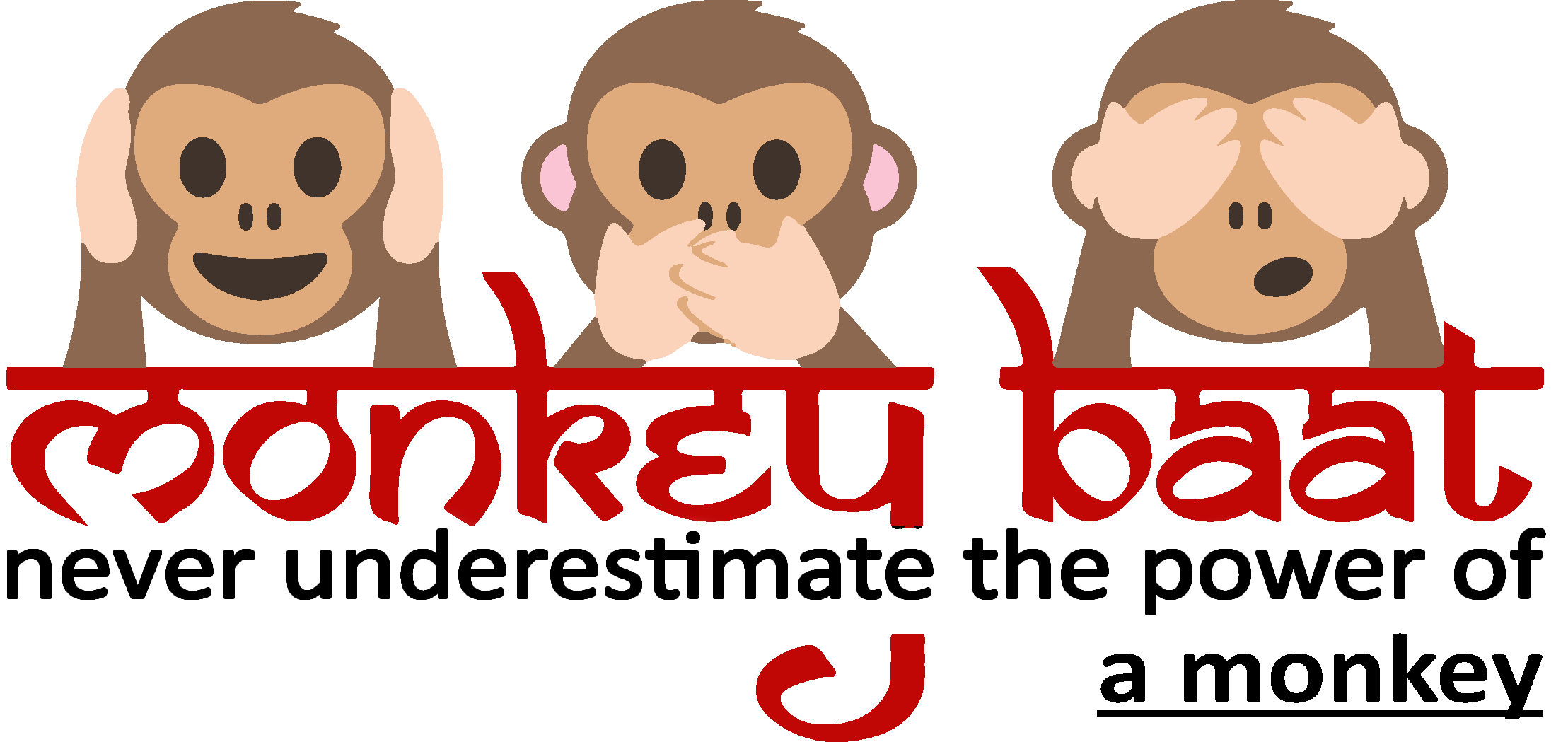Missing Values
The more we know about what other people earn, the more we can understand our own circumstances
I was paid a $12,500 advance to write my book, Open Up. Sharing this publicly, even as the author of a book about our emotional relationship with money, was initially petrifying, but I ended up revealing it in the book – it’s there on page 17. When I got the book deal, I’d excitedly tell people and they’d inevitably ask: “Did you get an advance?” And like most chats about money, the conversation would abruptly stop there.
I worried about telling people the amount for so many reasons. I thought it would compromise my publisher or my agent. I worried it would compromise the book, and that people would think: “Oh, that’s not a large amount, it can’t be very good.” The only book deals we hear about are the six-figure ones, and they can be misleading; a headline-grabbing “$100,000 four-book deal” is really only $25,000 a book, and if a book takes a year to write, that pays the author a below-average salary.
We’re fascinated by what other people earn not only because we’re nosey, but because the more we know about what other people earn, the more we understand our own circumstances. You can’t tell if you’re being under- or overpaid without knowing what other people in your industry earn. Since my book was published, two authors have been in touch to say: “Thanks for sharing your advance. I thought my publishers were low-balling me.”
Why read those books?
- Mauris fringilla sem enim
- Nulla sit amet semper massa, ac volutpat turpis.
- Praesent venenatis ultricies erat.
- Nunc fringilla eros vitae nisl posuere, ut consectetur nulla
- Ut wisi enim ad minim veniam, quis nostrud exerci tation ullamcorper suscipit.
Discussing personal finances is considered gauche, tacky or untoward. But we need to talk about money, and I mean our money: what we earn and what we spend. There are so many societal issues – the gender pay gap, the race pay gap, inequality, housing – that are impossible to solve collectively if we can’t talk about money. If we’re afraid to broach the subject of personal wealth, how can we challenge its inequalities?
I am fed up with navigating a culture that obsesses over who has what but discourages any conversation about our own finances, which was why I printed my advance. Others are starting to do the same, and not only through anonymous money diaries. Last week, blogger Alex Stedman behind the Frugality revealed that she pays herself an annual salary of $30,000. (“I am 35 years old. I am the breadwinner. And I am the richest I have ever been,” she wrote.) Earlier this month, podcaster Aminatou Sou divulged her 2018 salary in an interview with the Cut: more than $300,000 ($228,000), from a book deal along with “public speaking, the podcast and sponsored ‘influencer’ stuff”. Jessica Knoll recently set Twitter alight after revealing that income from her books have allowed her to buy a Porsche and pay for a $320-an-hour therapist. Knoll has an unapologetic attitude: “I want to be rich and I’m not sorry.” But whether you share her ambitions or think her wealth is greedy, her honesty is helpful – we understand our own relationship with money better when we hear how other people feel about theirs.
Jessica Knoll recently set Twitter alight after revealing that income from writing has allowed her to buy her a Porsche
By talking about money more, maybe we’ll shake off the shame. I don’t want to encourage only people who have money to talk about it; we must all integrate money conversations into our daily lives. If you can endure the initial awkwardness and stop diverting the conversation the moment it gets to your personal finances, then maybe when a time comes when you need to stand up for yourself – challenge a pay gap at work, say, or simply tell a friend that, say, a $200 hen do is too expensive – you’ll finally feel as if you can afford to.
We made a choice…
… and we want to tell you about it. We made a choice which means our journalism now reaches record numbers around the world and more than a million people have supported our reporting. We continue to face financial challenges but, unlike many news organisations, we have chosen not to put up a paywall. We want our journalism to remain accessible to all, regardless of where they live or what they can afford.
Readers’ support powers our work, safeguarding our essential editorial independence. This means the responsibility of protecting independent journalism is shared, enabling us all to feel empowered to bring about real change in the world. Your support gives Guardian journalists the time, space and freedom to report with tenacity and rigour, to shed light where others won’t. It emboldens us to challenge authority and question the status quo. And by keeping all of our journalism free and open to all, we can foster inclusivity, diversity, make space for debate, inspire conversation – so more people have access to accurate information with integrity at its heart.
Original article by The Guardian

